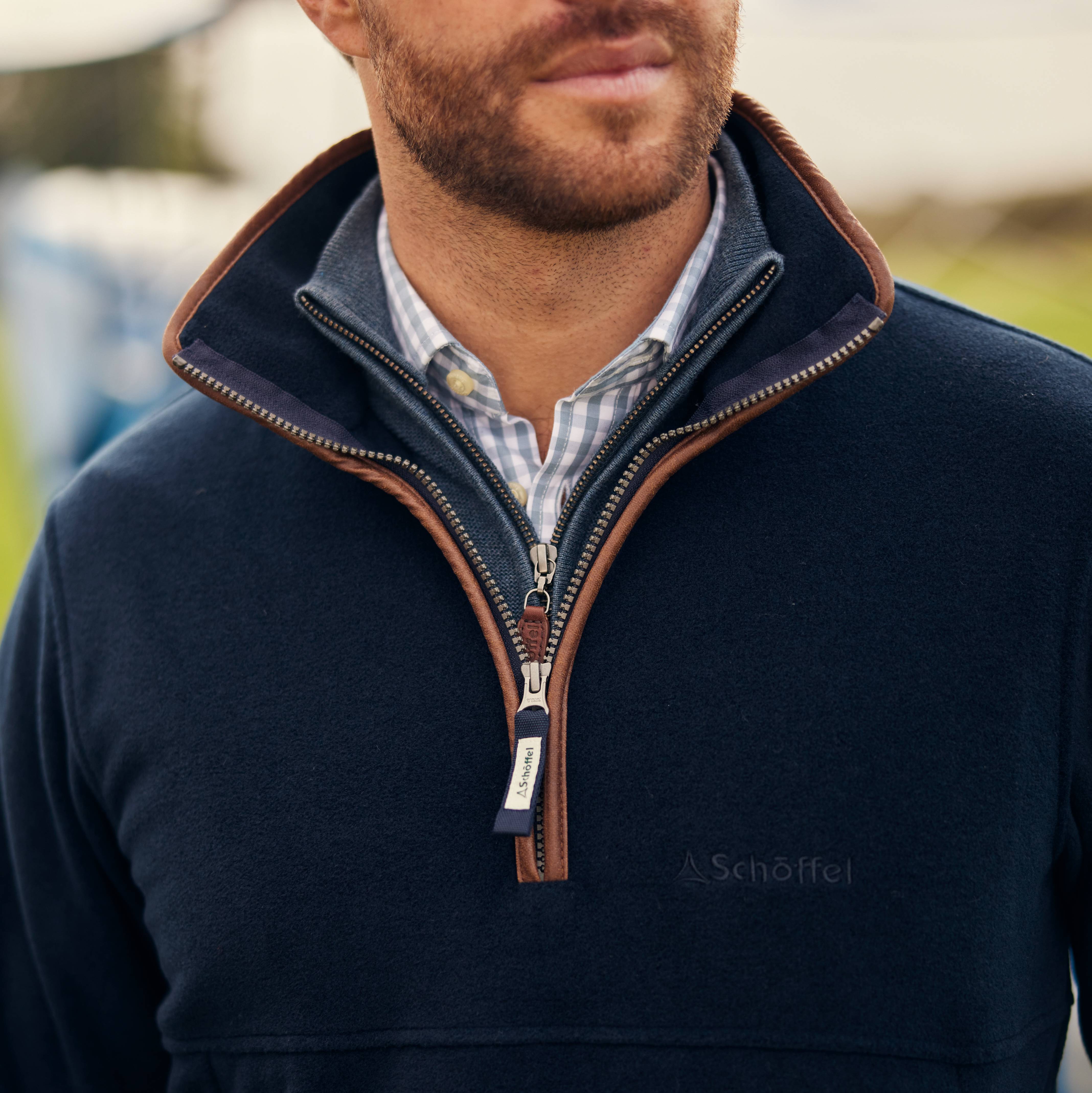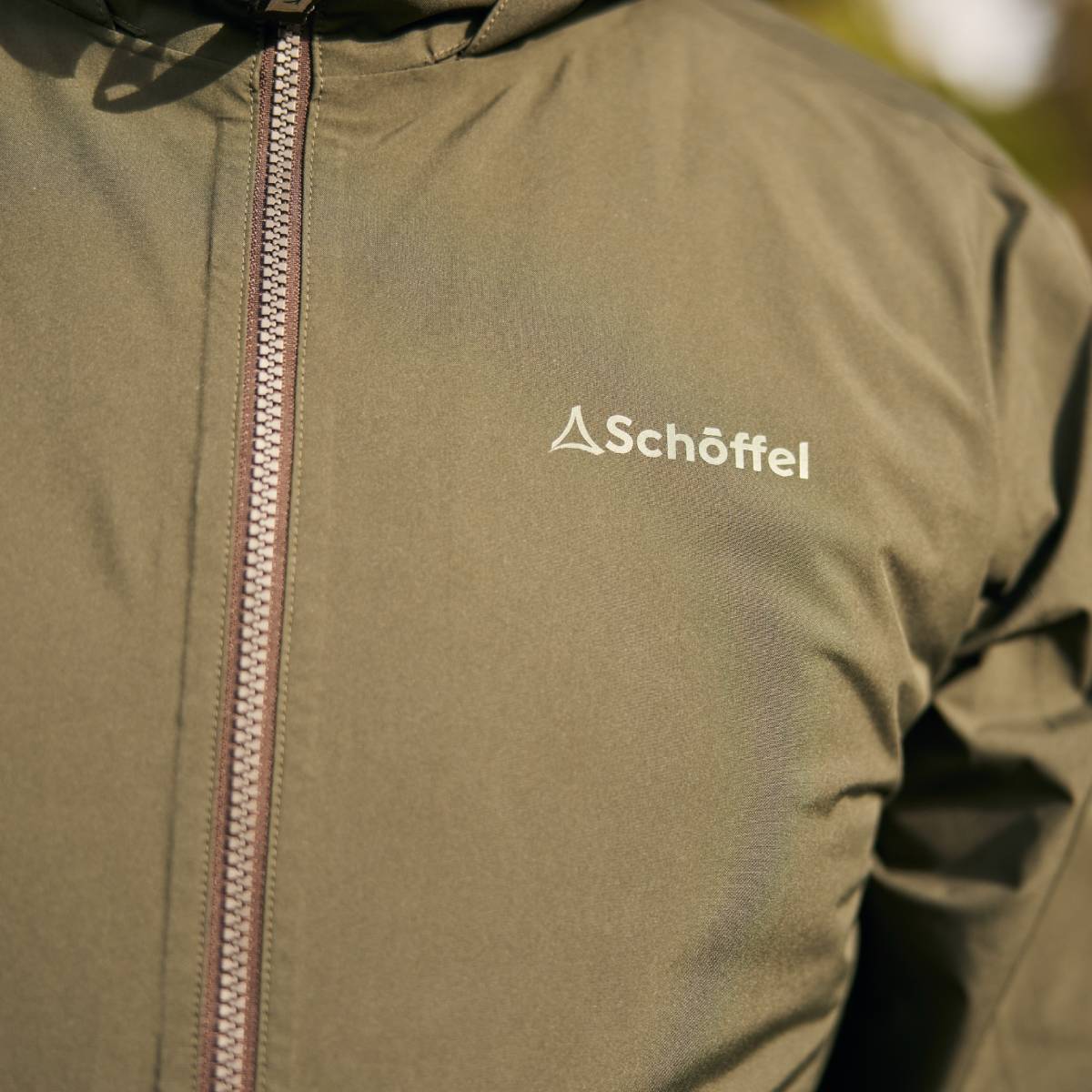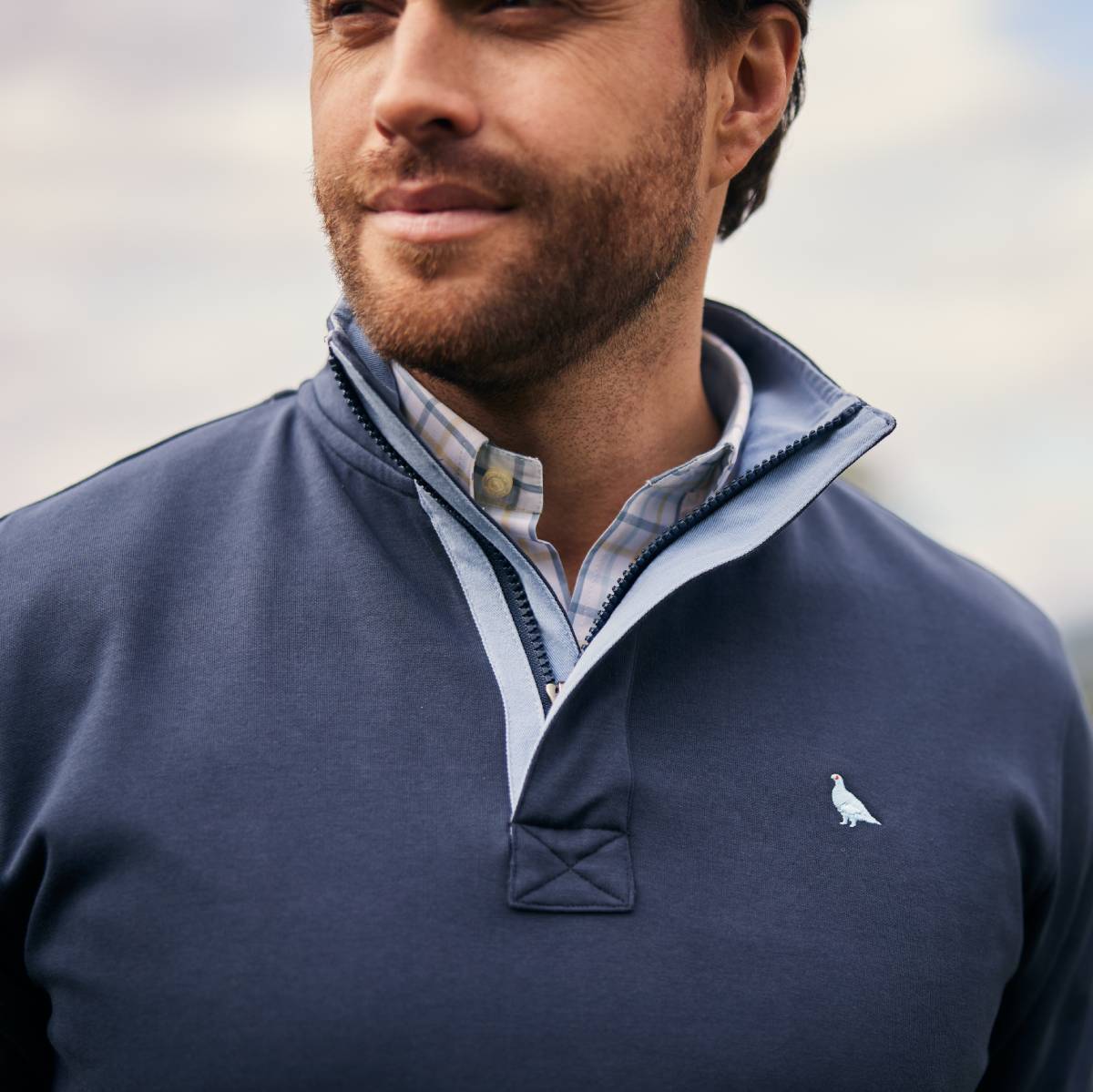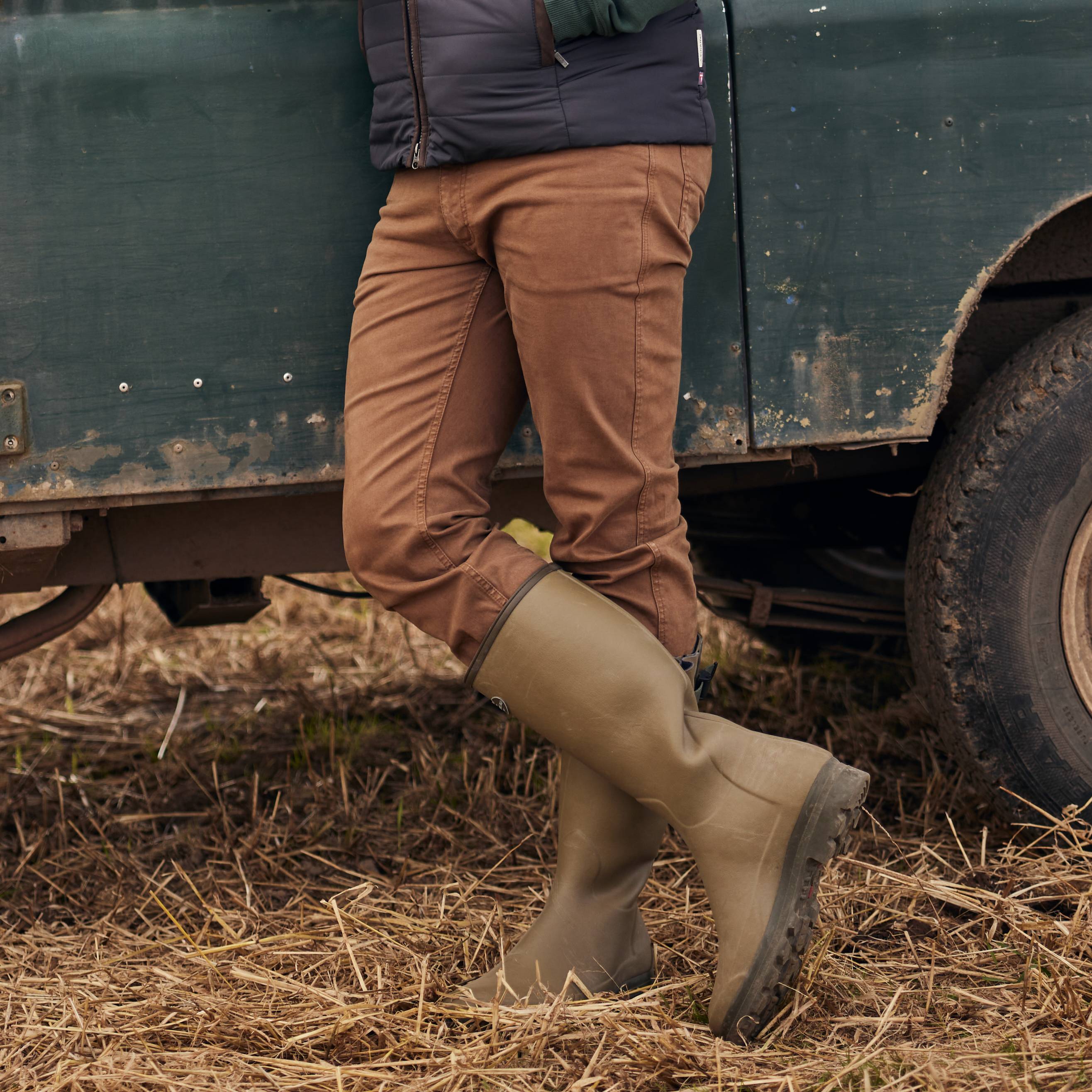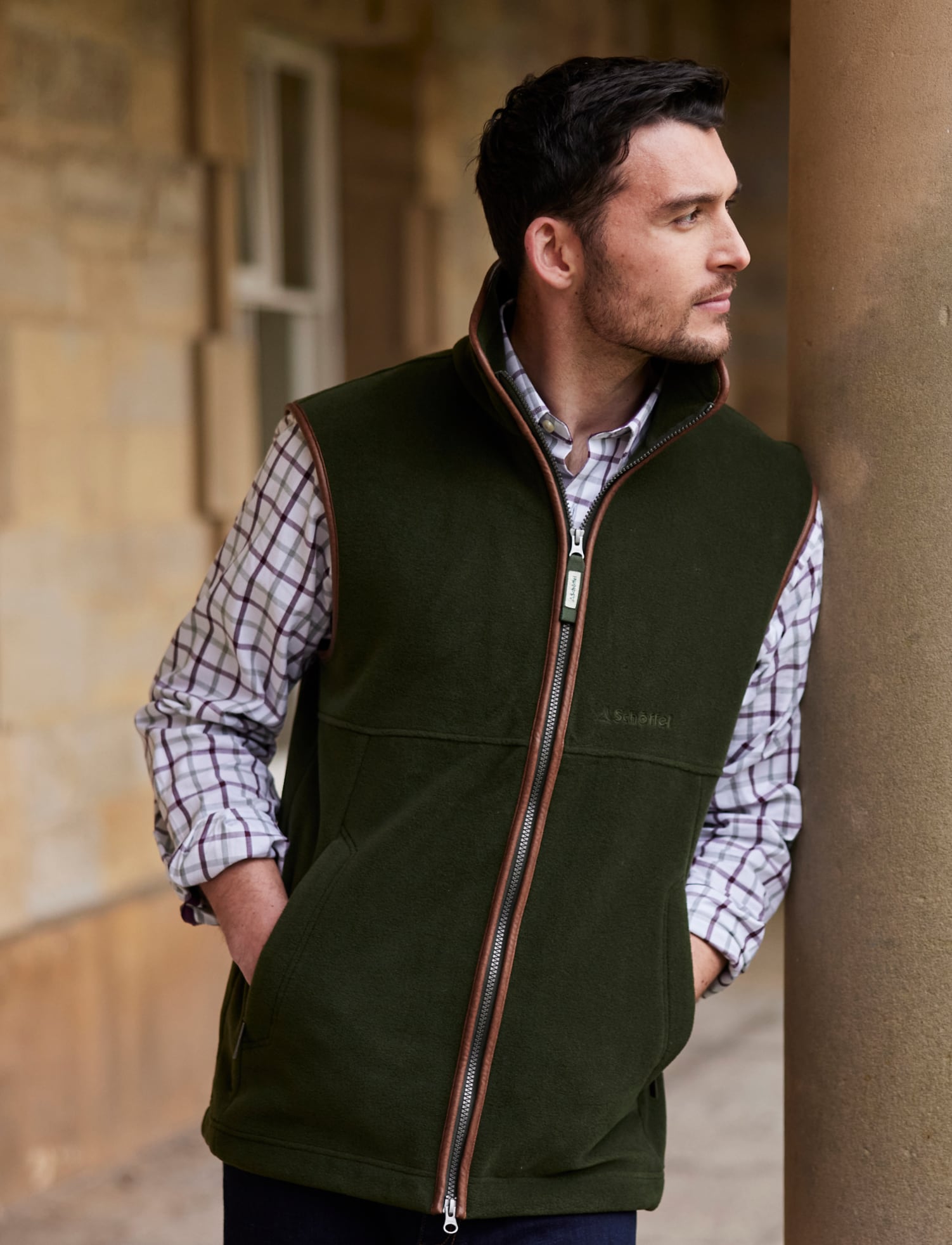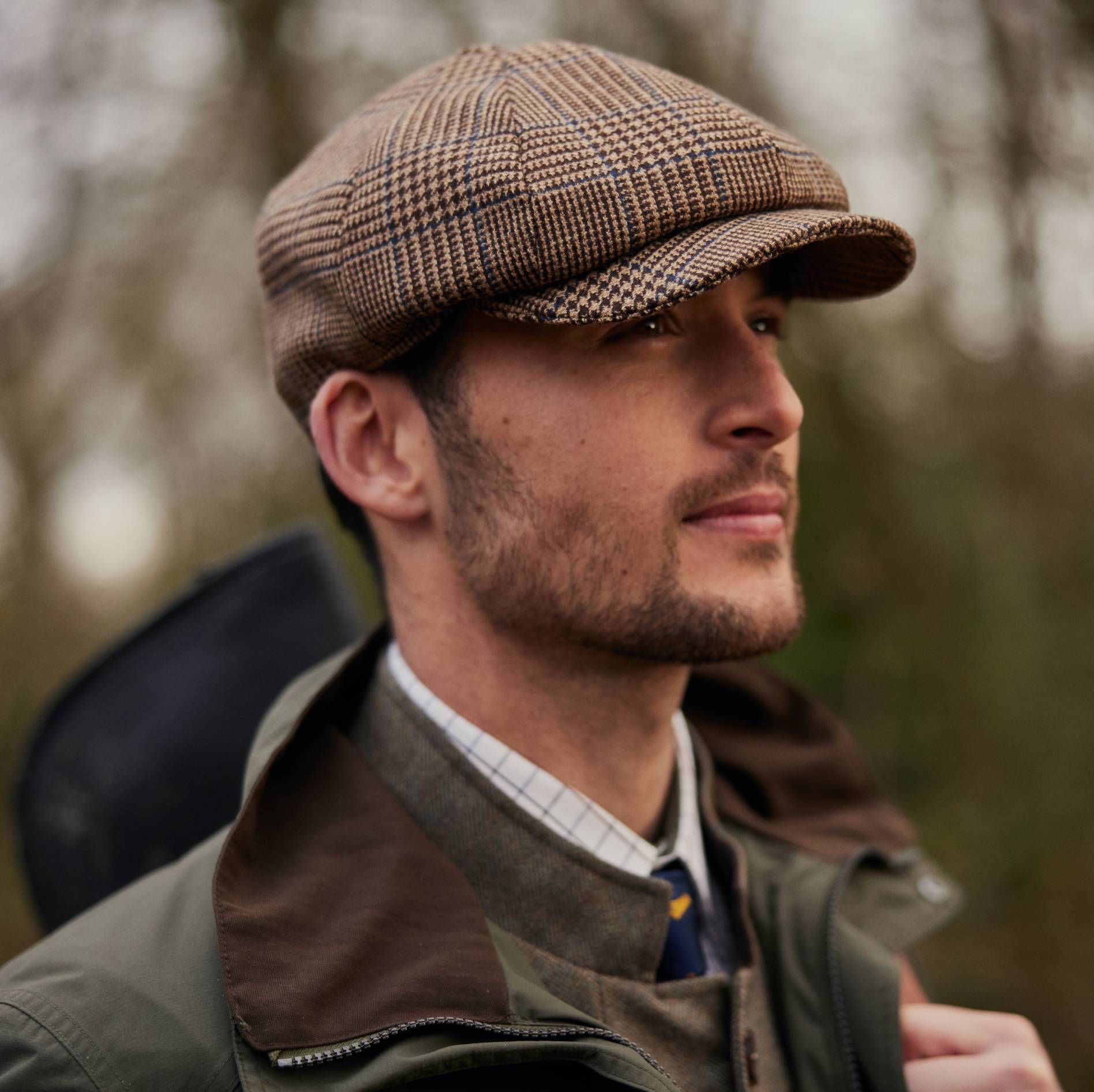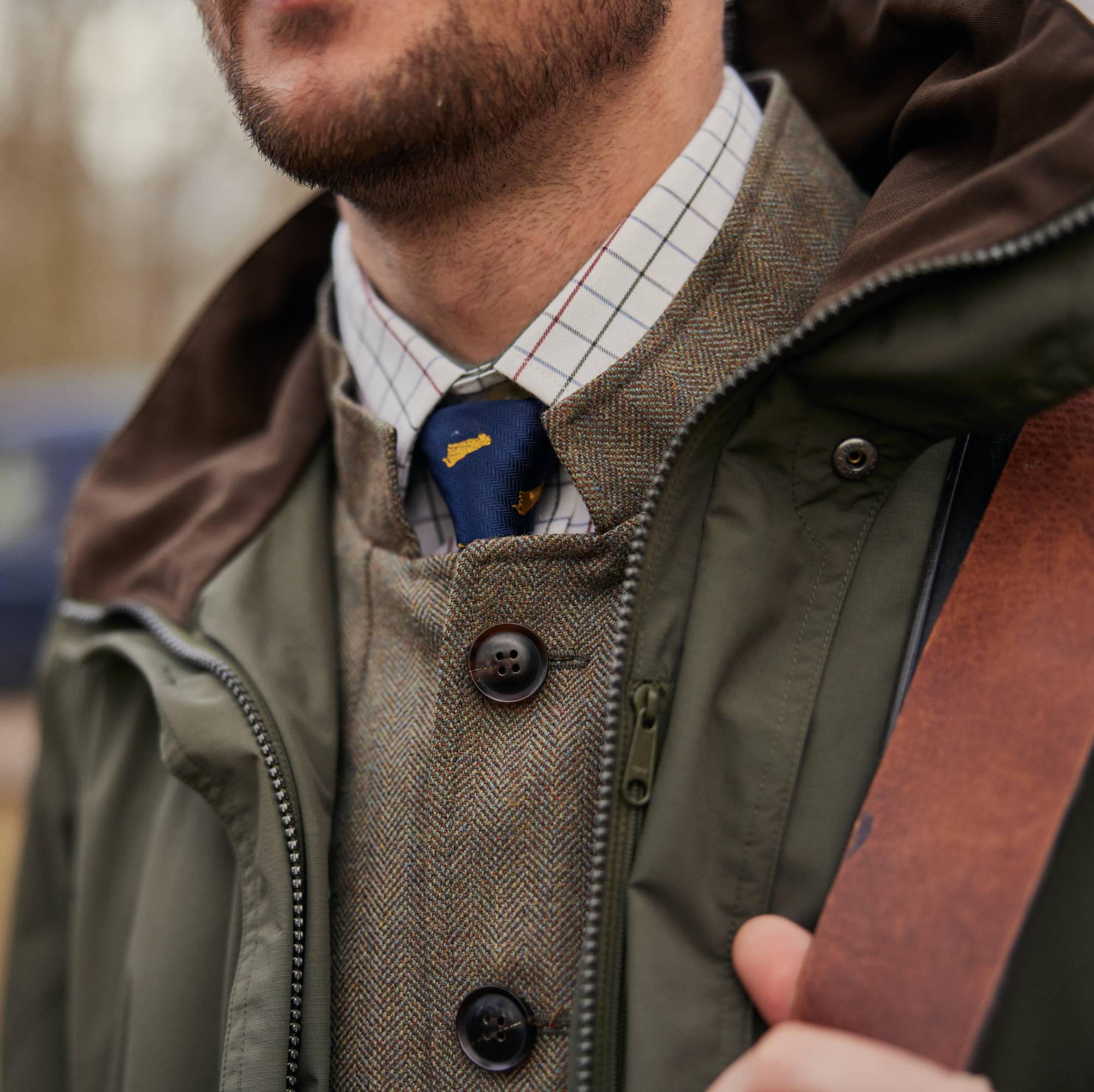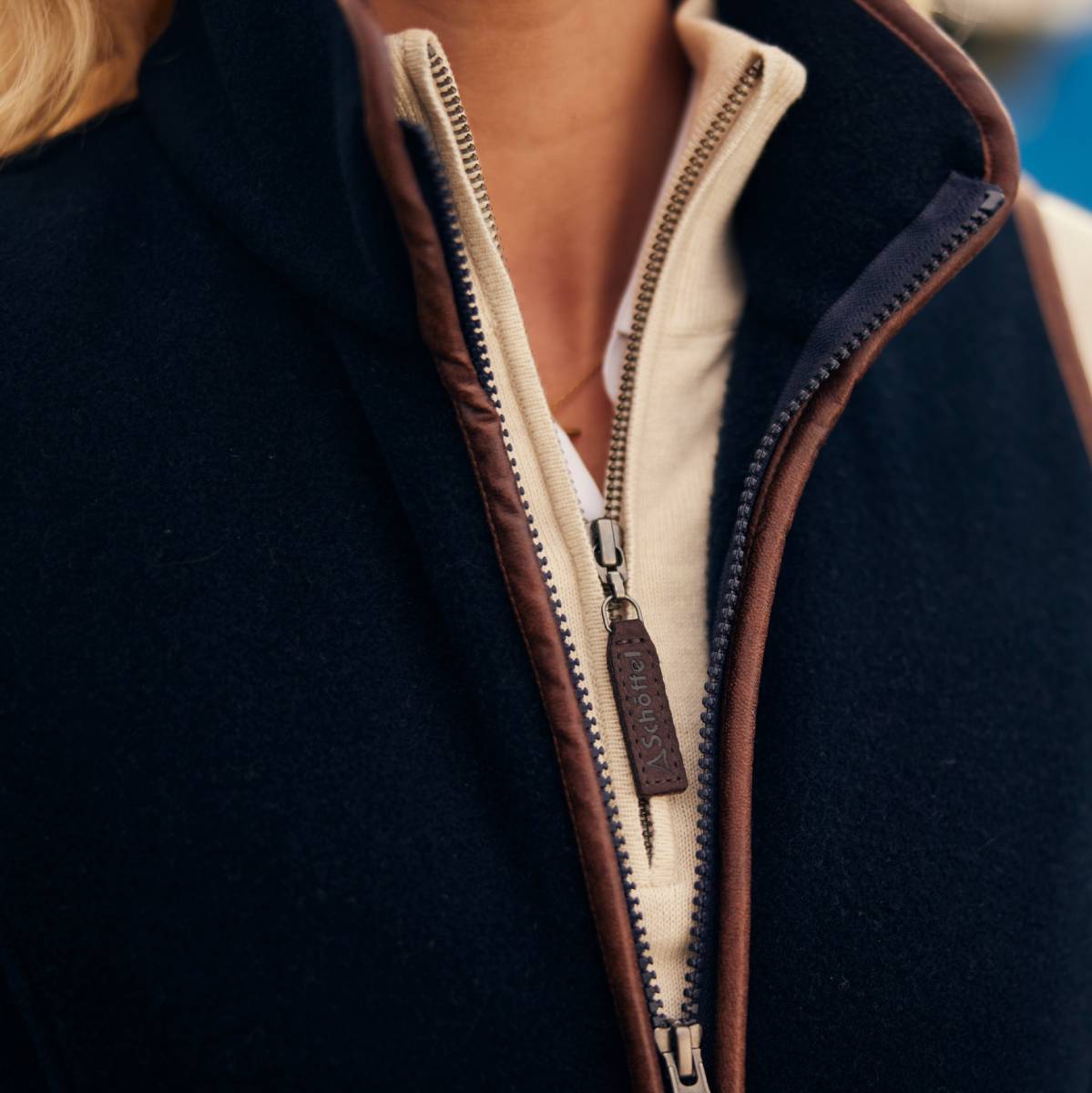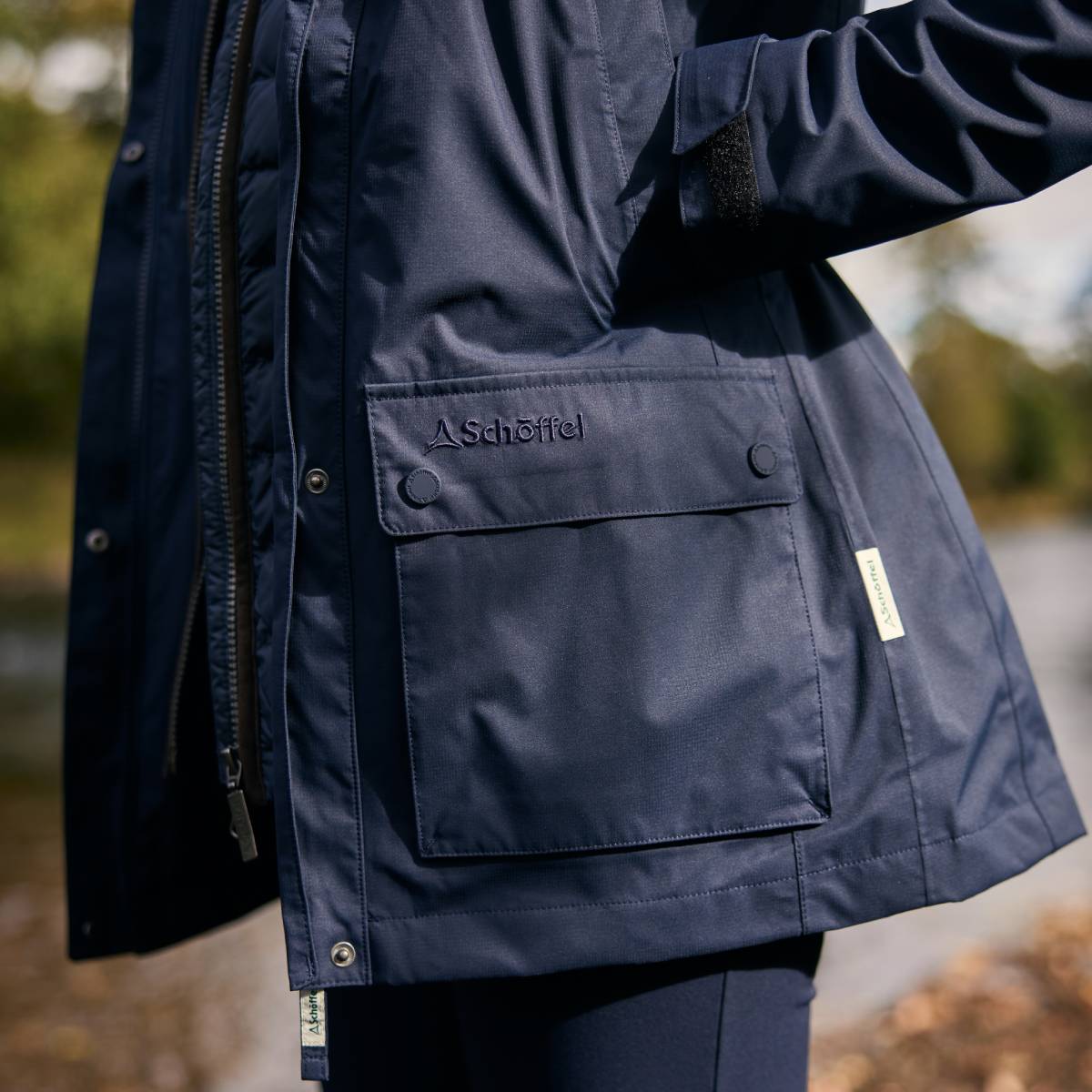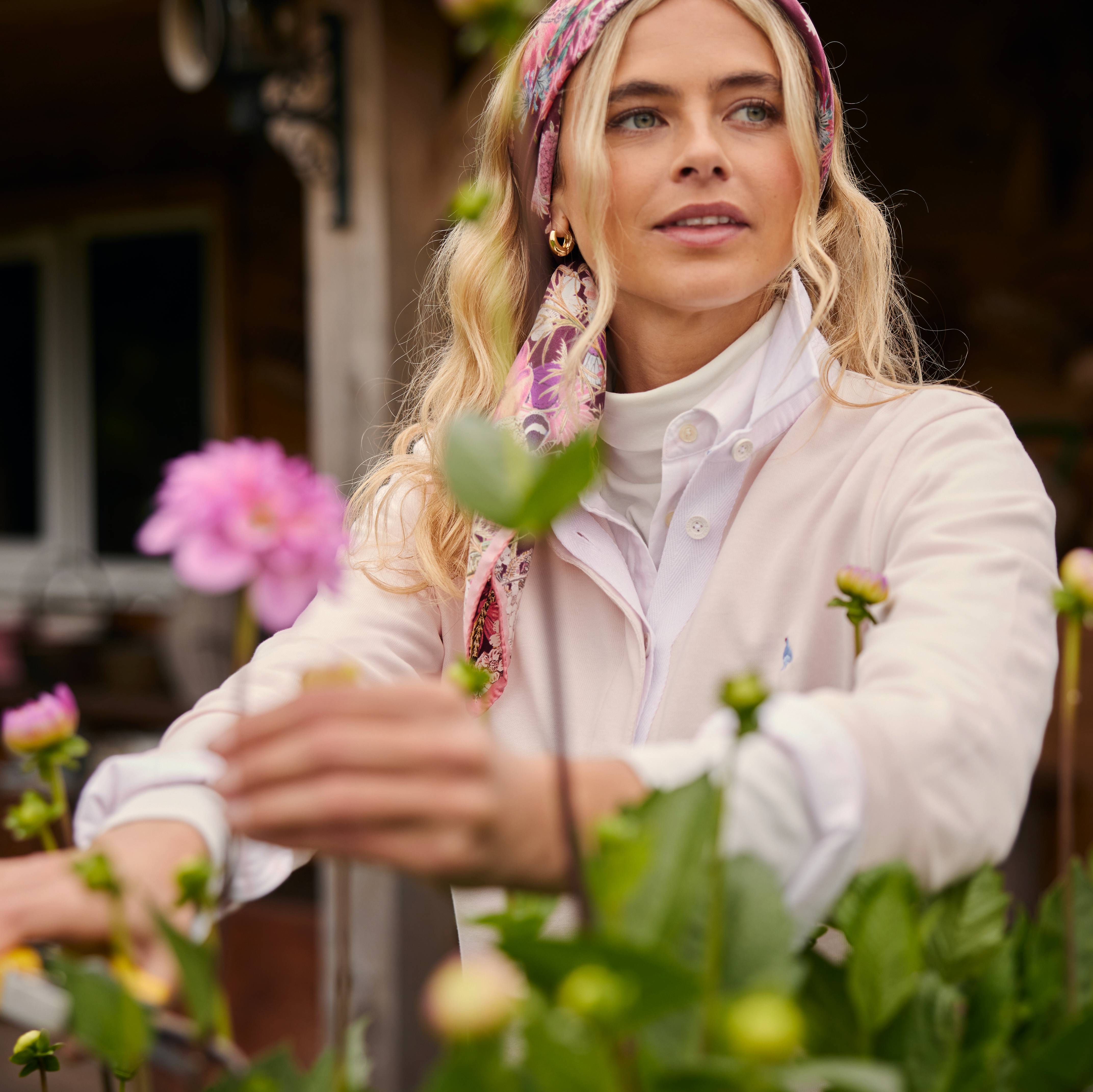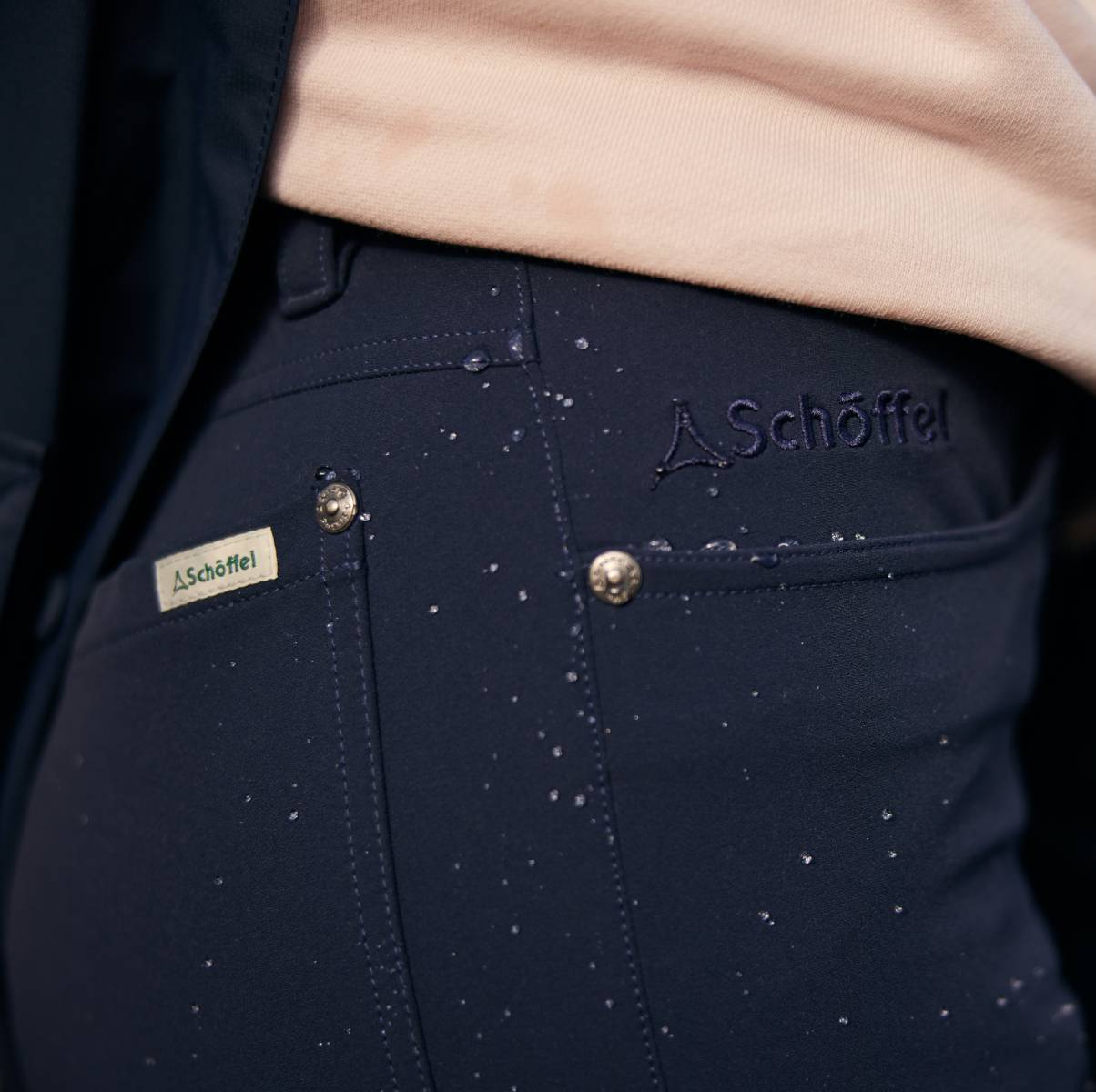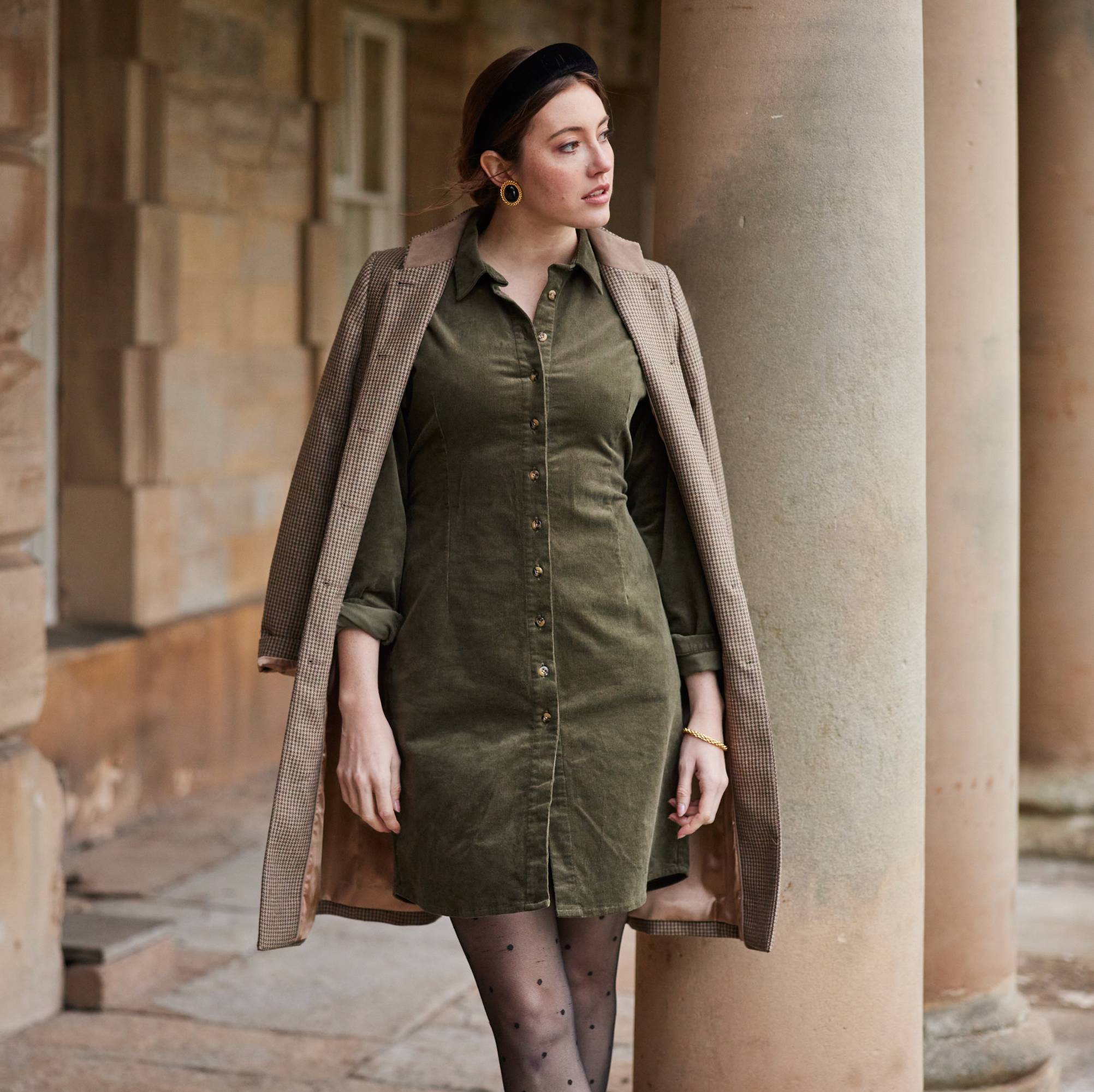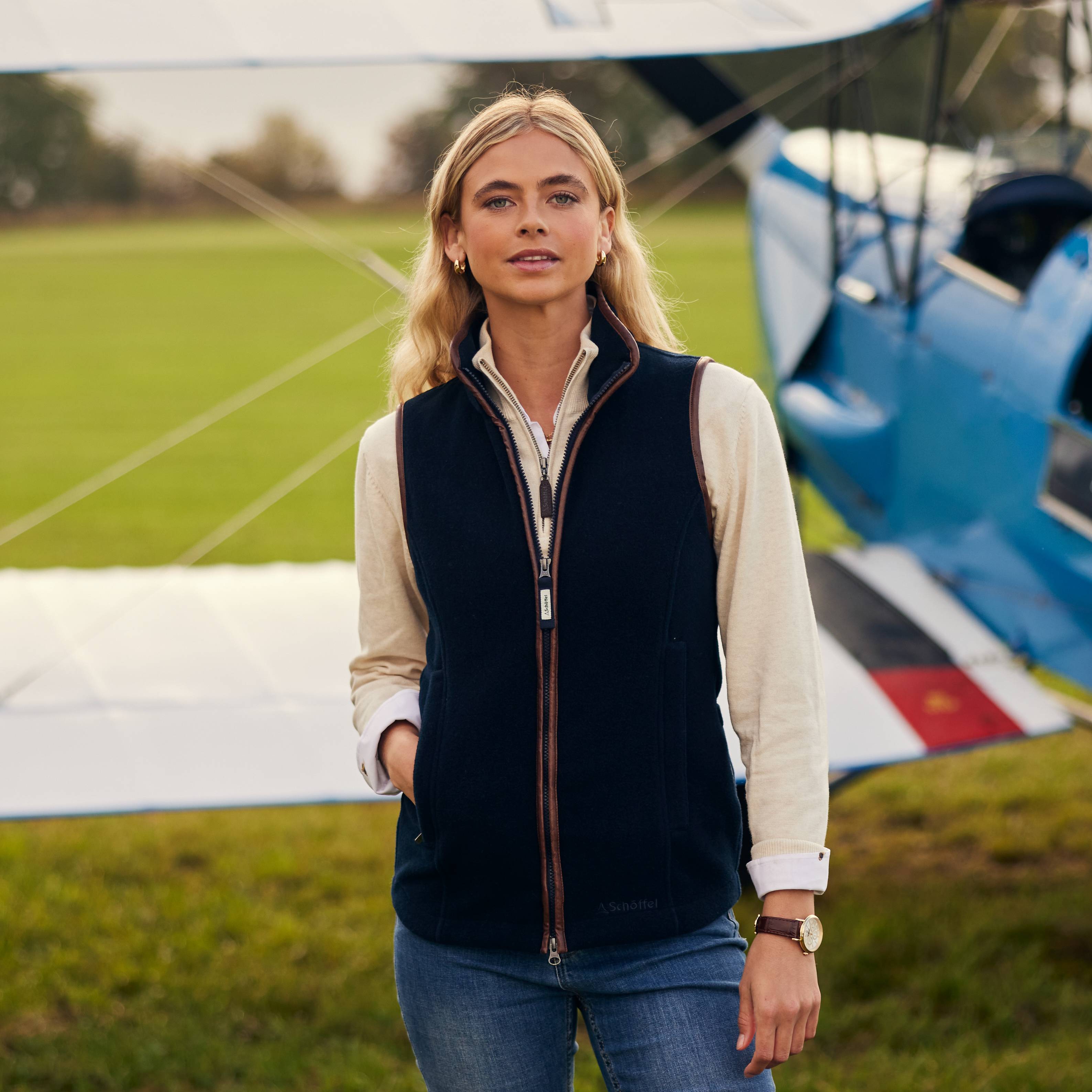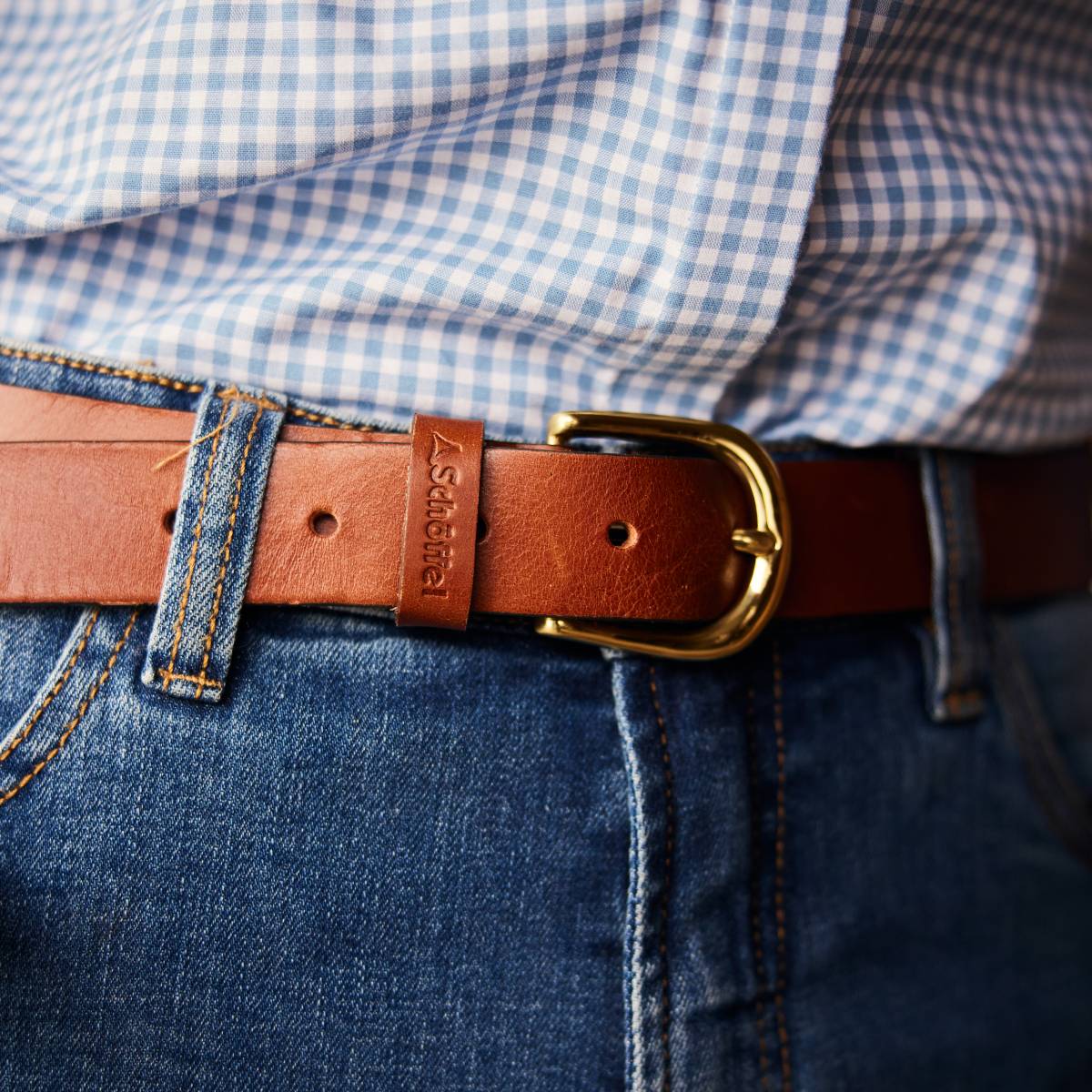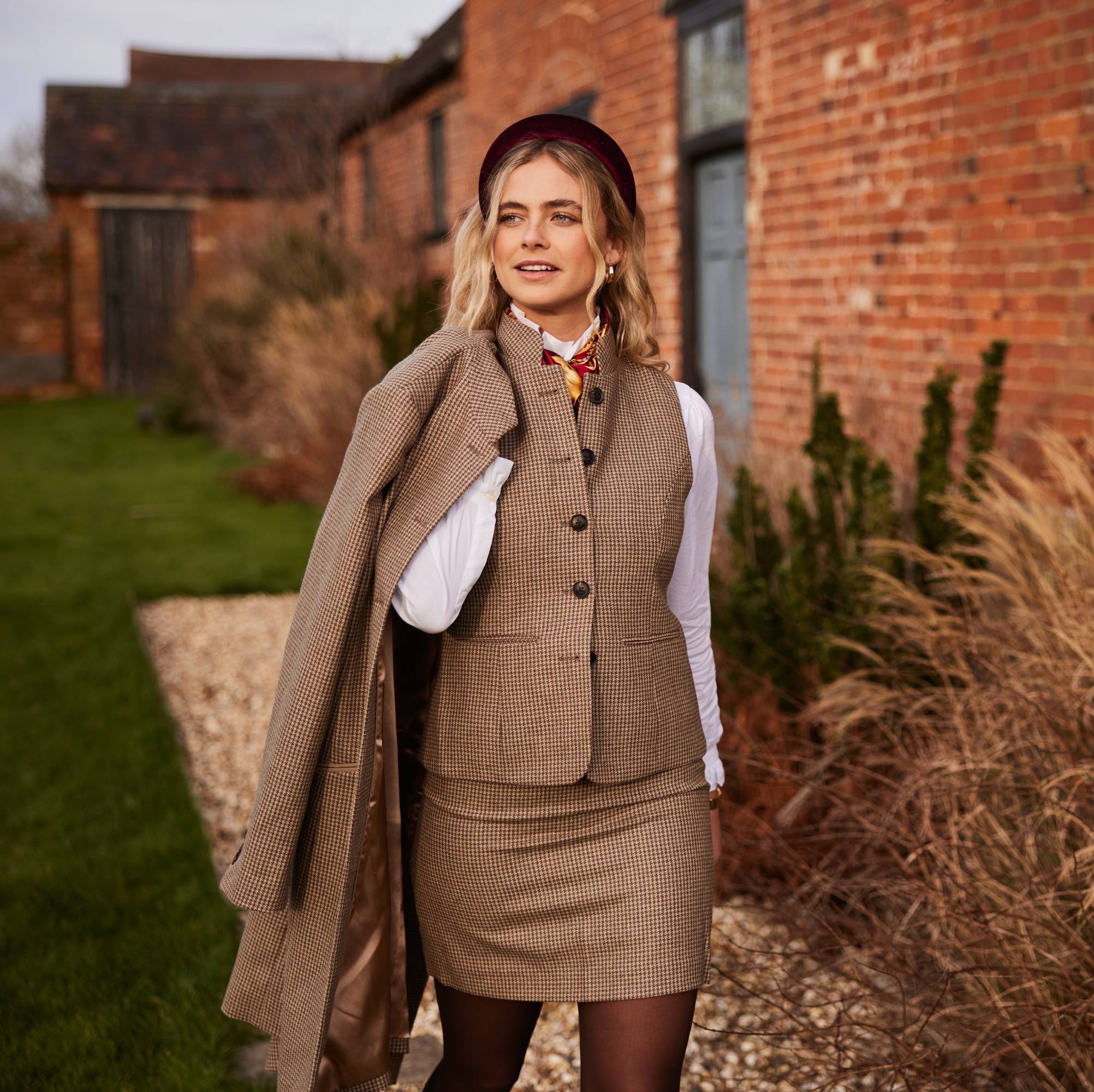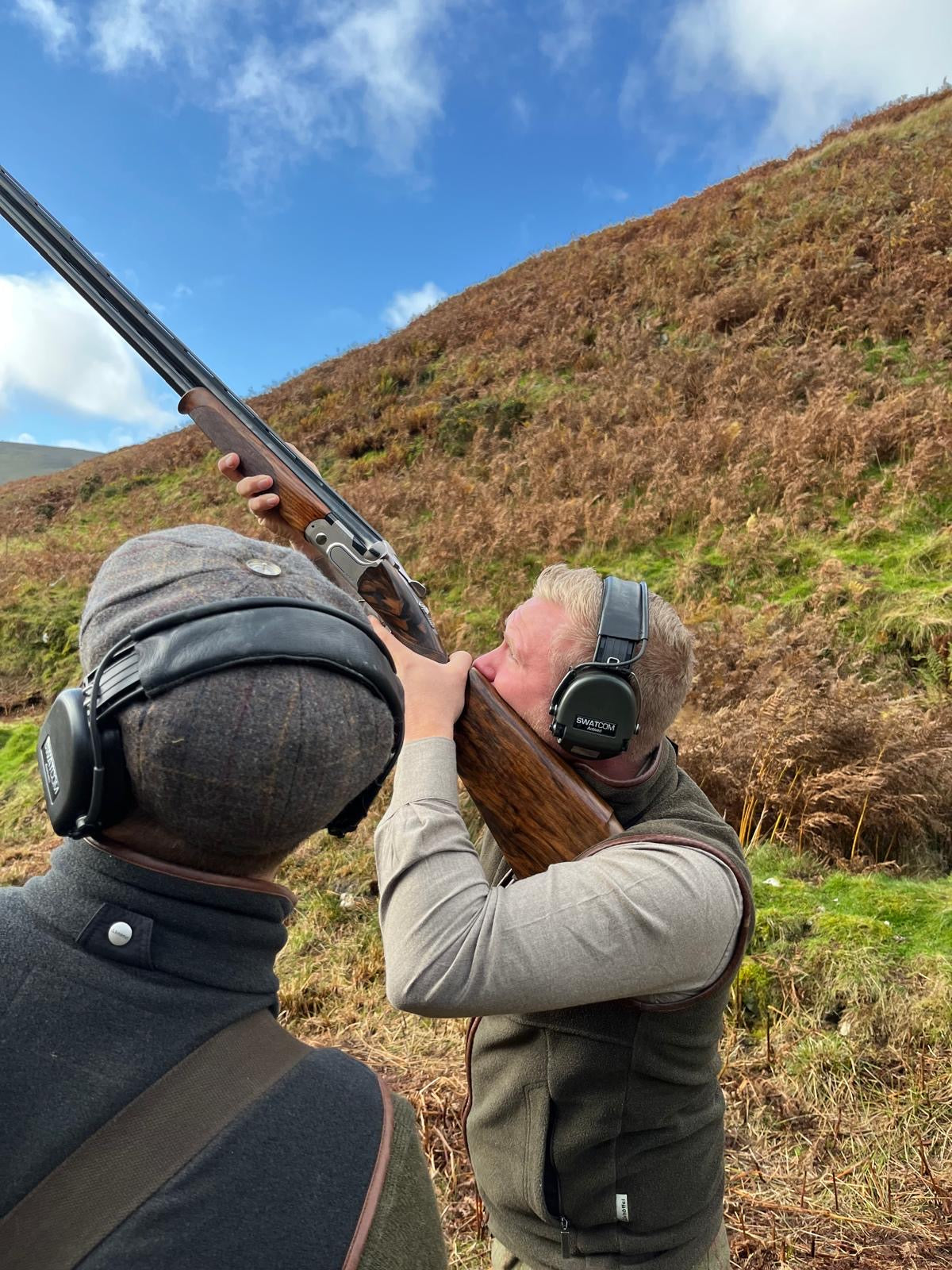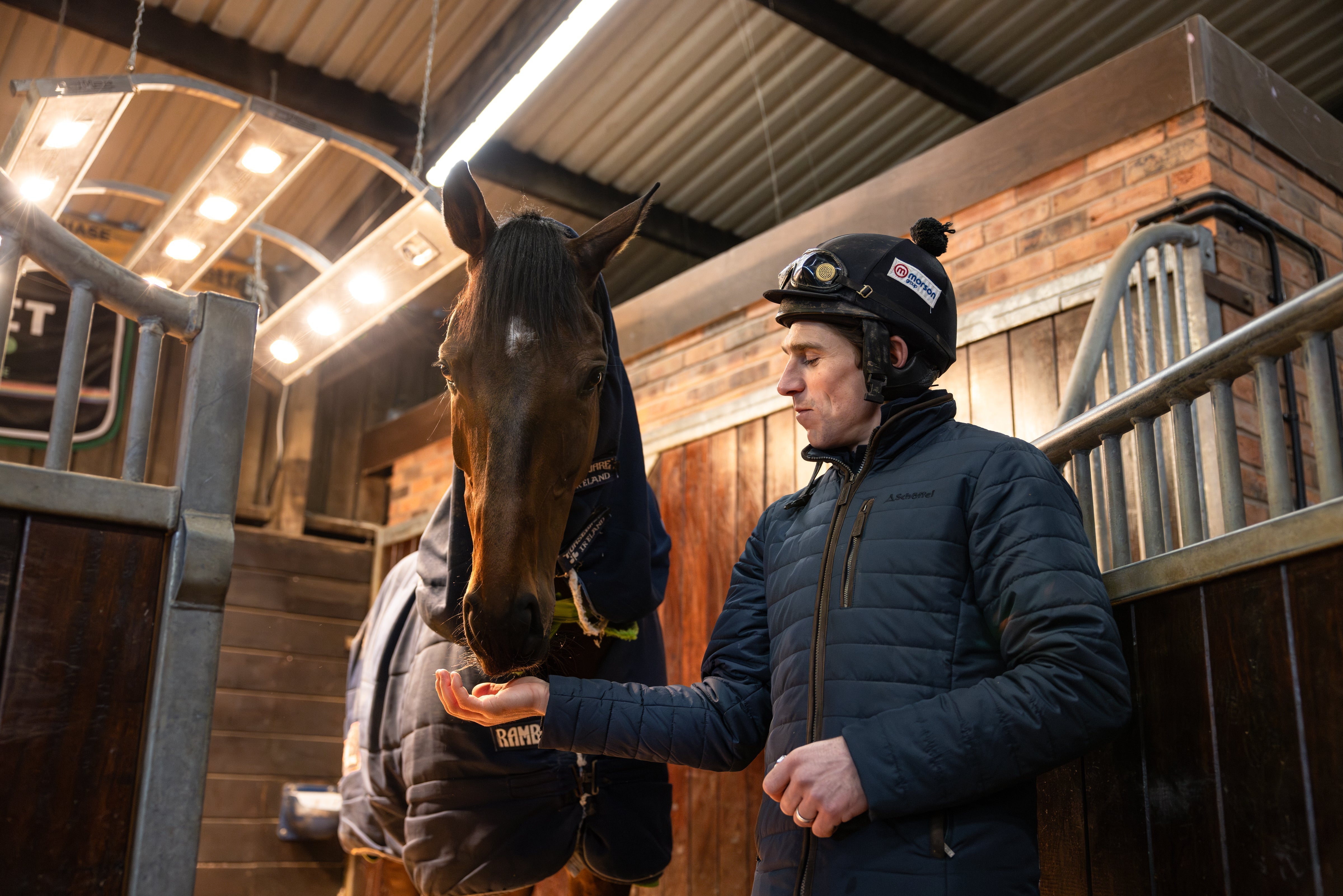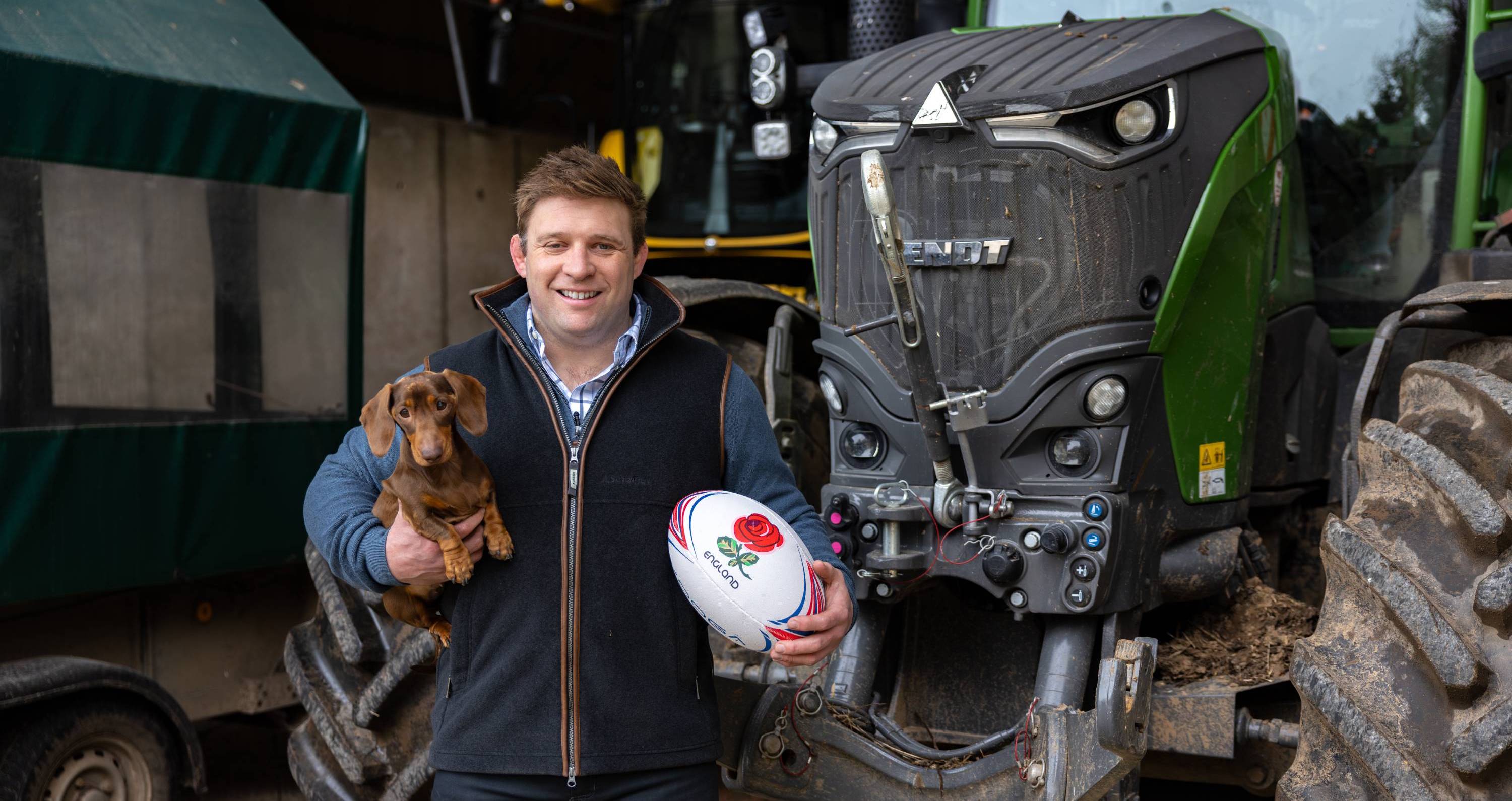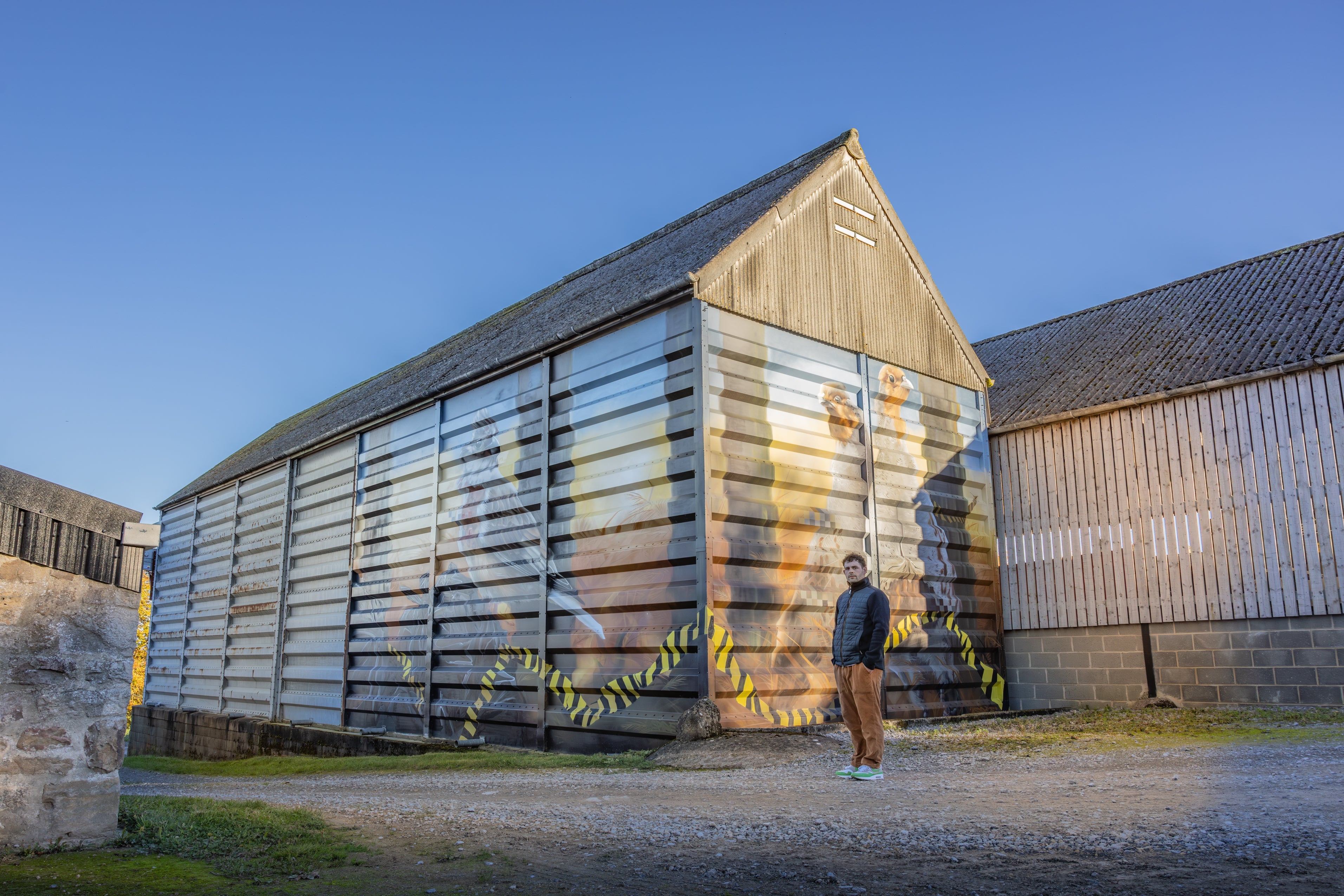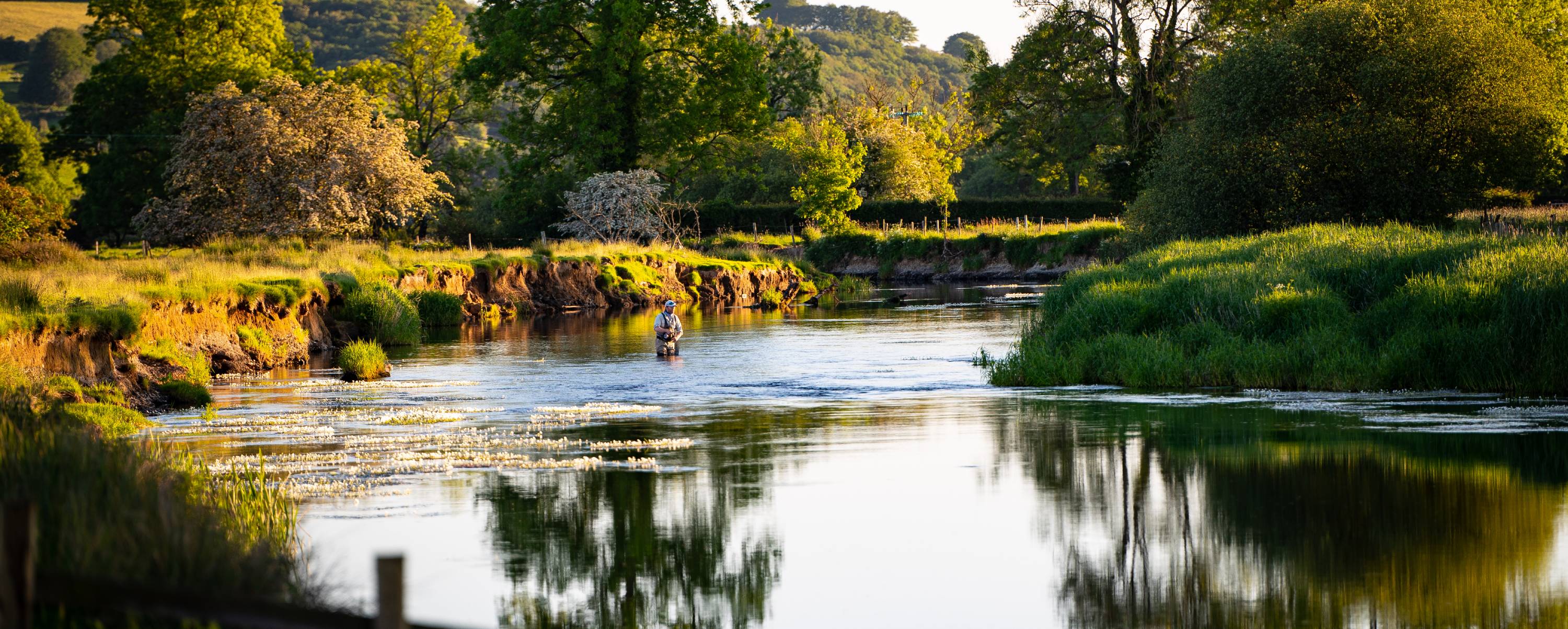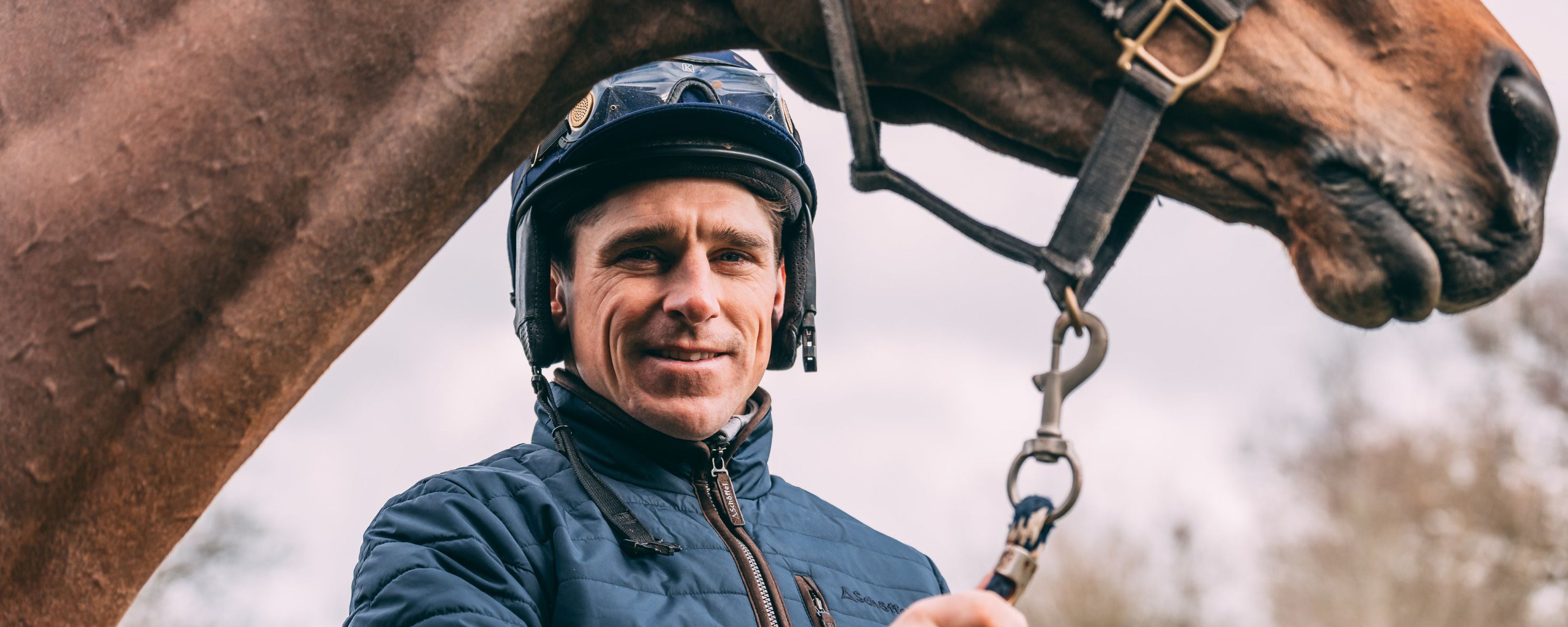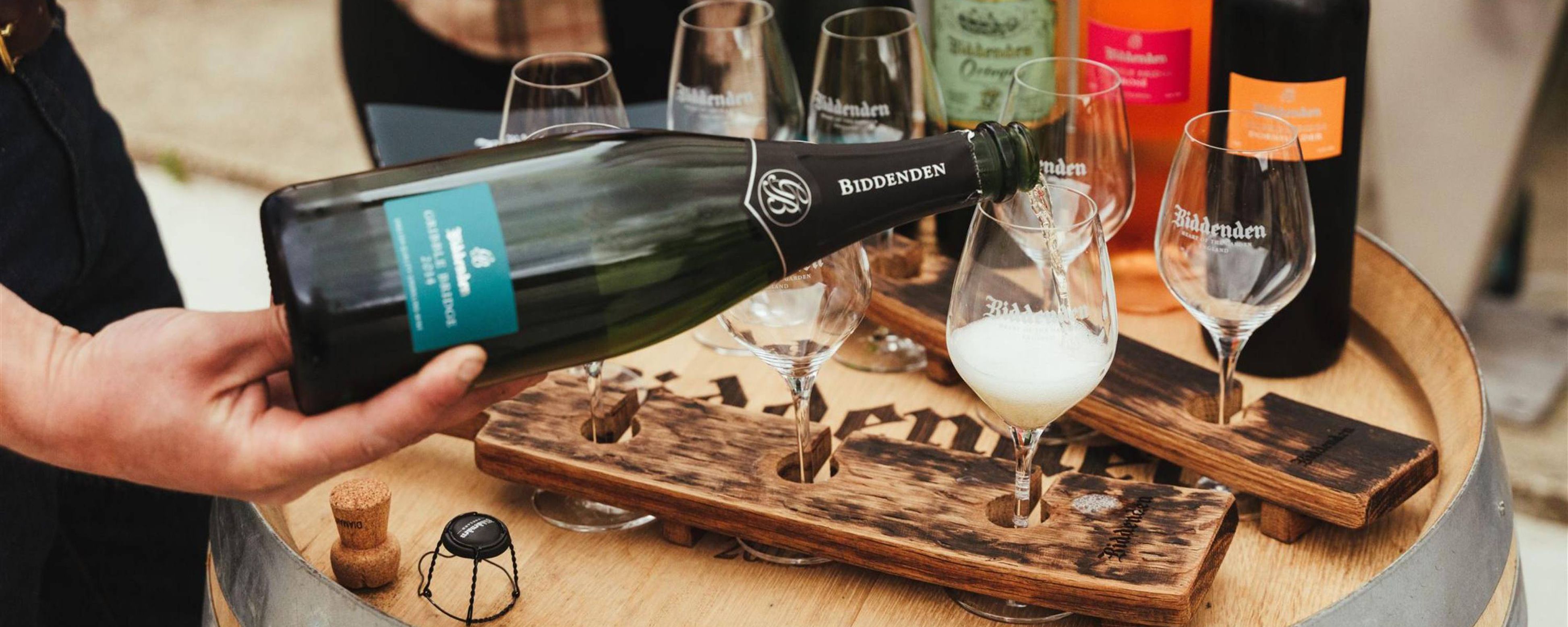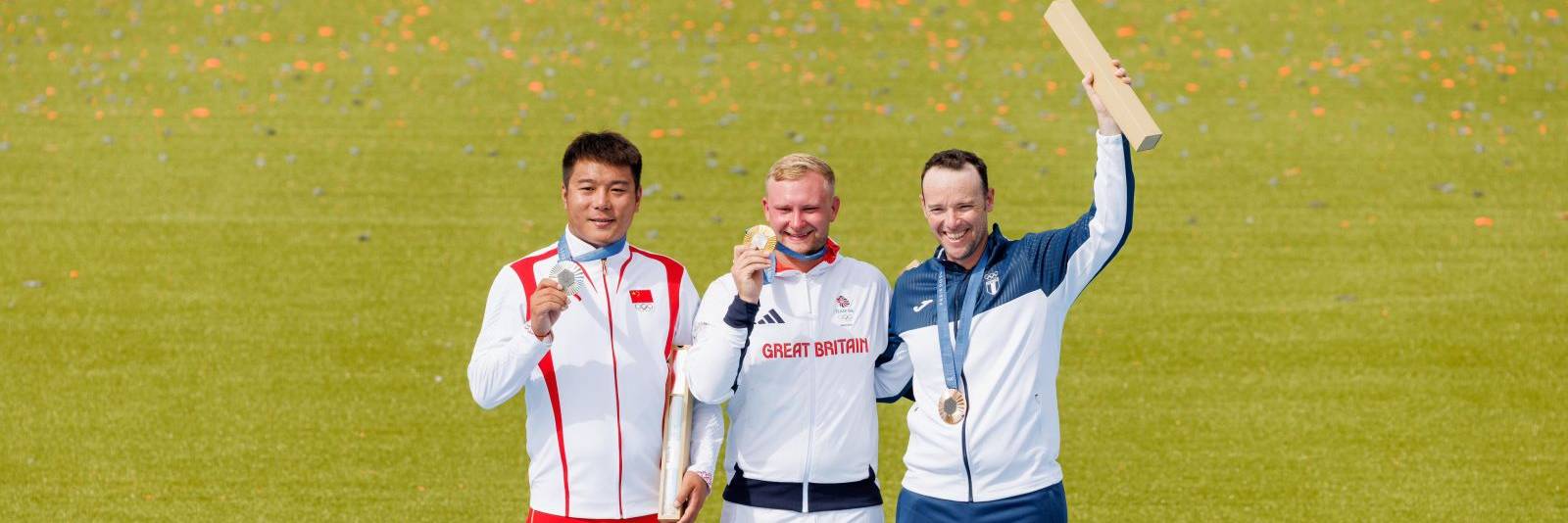
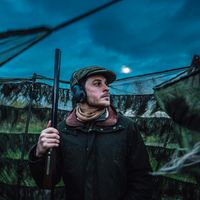
Interview: Olympic Trap gold medallist Nathan Hales
Fresh from Paris after a record-breaking performance, we sat down with the new Olympic champion to learn more about his shooting background, training schedule, and just how he keeps it together when it matters most.
From pigeon hides and flight ponds to the top step of the podium on the biggest stage in world sport, newly crowned Olympic Trap champion Nathan Hales has been on quite the journey.
We caught up with the 28-year-old from Chatham in Kent while he was back in the UK, a few days before he flew back to Paris for the closing ceremony of the Games where he’ll celebrate with the rest of Team GB – Olympic Skeet silver medallist Amber Rutter included.
To be honest, it was difficult to know where to start… Not only did Nathan win a gold medal, but he kept his cool to break the final three targets of the competition and set a new Olympic record in the process. How can we relate to that sort of pressure? How can we comprehend the emotions that come with reaching such a pinnacle of the sport? And where to start an interview with someone on such an incredible high?
Luckily, Nathan’s a relatable chap who, like many of us, has spent a lifetime immersed in fieldsports, so there was plenty to chat about. And he was generous enough with his time to start right from the very beginning.
“I’ve been around shooting pretty much from the day I was born,” he laughed. “Mum used to run a game shoot and a sporting agency when I was younger, and Dad was a keen game and clay shot. If one of them wasn’t out shooting – be it walking-up pheasants on the local farm syndicate, flighting ducks or enjoying a round of clays – I’d be with the other one.”
Nathan inevitably developed a love for the countryside that remains to this day, but the draw of competitive shooting also took a strong hold in his early years. “I competed in Sporting, FITASC and Compak Sporting as a junior, and then stumbled upon Olympic Trap in my late teens,” he explained.
“I was just turning 18 at the time and had recently started a carpentry apprenticeship which I wasn’t particularly enjoying. It was then that I decided I wanted to try and take my shooting to the next level.”
So he did – and some… Securing a spot on the British Shooting Talent Pathway in double quick time, Nathan soon climbed his way up through the classes into the GB academy and then on to the ‘World Class’ programme. “That’s the part that is funded by UK Sport and the National Lottery,” he added.
For context, Olympic Trap demands silly-fast reactions. Shooters must calculate the trajectory of a four-inch disc travelling away from them at over 70mph, move their gun and pull the trigger, all in less than 72-hundredths of a second. The process is repeated again and again, with competitors working through the five different shooting positions, facing a trench with 15 different traps (three for each position) from which targets are launched at random. Remarkably, in Nathan’s gold-medal round, watched by millions of people around the globe, he missed just two out of 50!
“A five-year apprenticeship in OT is the general rule of thumb,” Nathan reckoned. “It's taken me 10 years from shooting my first ever round of the discipline to get to where I am today. I just missed out on Tokyo, losing a quota place on back number that year, which was disappointing. But if I’m honest I was probably in the early stages of being ready to start competing on the bigger scene, and maybe I wasn’t quite ready for the Olympics back then.”
He trains three or four days in a typical week. “I probably get through 30,000 cartridges a year in training camps and competition,” he guessed. “And in addition to the actual shooting, I work with a strength and conditioning coach, a physiotherapist, and a sports psychologist.”
I was fascinated to learn more about the psychological aspect of the sport, and how Nathan copes in such a high-pressure environment where absolute focus is key. We all know how pivotal the right mindset is to shooting well, whether that’s clays or live quarry. “I think it comes down to having absolute trust in the training plan and the process,” Nathan told me. “I’ve been working with my coach, Marco Micheli, for six years now, and during that time we’ve developed a really strong training plan that allows me to build up to and taper off from key competitions in the calendar. I think it’s impossible to be at your best all the time, so you need to know how to build up to an event and peak during it, not before or after.
“During those high-pressure moments, like when it was just the two of us [Nathan and China’s Qi Ying] left competing for the gold medal, I find that I tend to just go into my own space. It’s almost instinctive. I’m completely focused on my routine and prep for each shot, which helps me totally block out what anybody else is doing.
“I suppose when I’m in that space, that mindset, I have full trust in the process and the confidence that everything else will just take care of itself.”
We couldn’t wrap up our conversation without asking Nathan the question he’s surely been asked hundreds of times since that special moment, gun held aloft, in Chateauroux. Just how did it feel?
“Beyond words,” he put it, simply. “It’s absolutely incredible. To stand there on the top step of the podium, with the national anthem playing, and to see your family – your mum and dad, partner and two kids – and everyone else there in the stands watching, is truly, truly special.”
And what’s next? Well, Nathan is already looking forward to spending some time in the field. “I have a couple of days pheasant shooting lined up in Wales in early December, and I’ve got a day in Cornwall lined up for January. I’ve been promised a day on the grouse, too, and I’ve yet to set foot on a grouse moor, so that’s something I’m quite excited about...”
